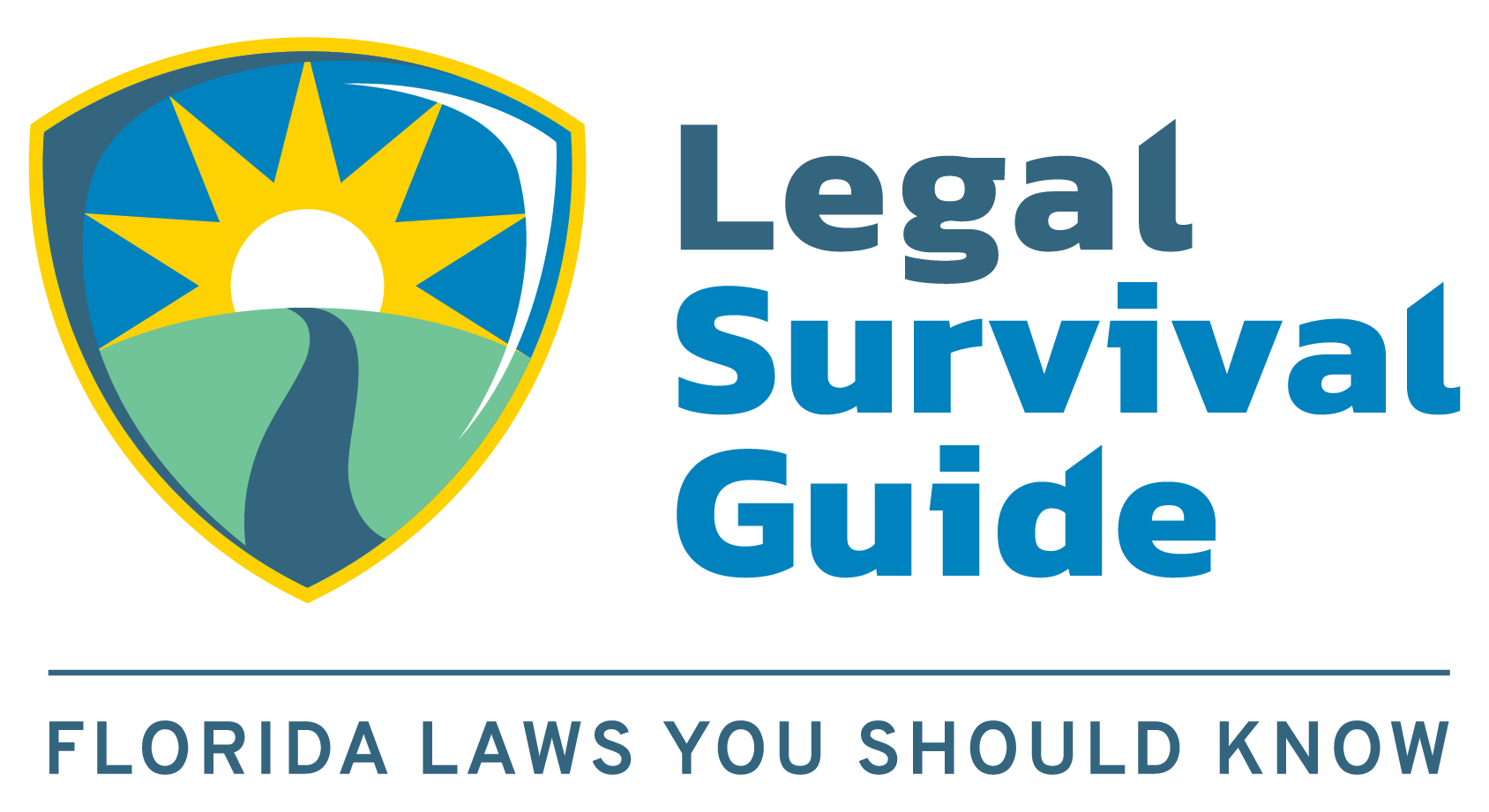Sorry, we couldn't find any posts. Please try a different search.
How do you find out about student loans?
If you apply for financial aid for undergraduate college or graduate school, you may be offered loans as part of your school’s financial aid offer. A loan is money you borrow and must pay back with interest. Student loans can come from the federal government, from private sources such as a bank or financial institution, or from other organizations.
Why are the loan details important?
Before you take out a loan, it’s important to understand that a loan is a legal obligation that makes you responsible for repaying the amount you borrow with interest. If you decide to take out a loan, make sure you understand who is making the loan and the terms and conditions of the loan. Even though you don’t have to begin repaying your federal student loans right away, you shouldn’t wait to understand your responsibilities as a borrower.
How do you apply for student loans?
The first step in getting student aid is completing the Free Application for Federal Student Aid (FAFSA). The website features a number of tutorial videos on obtaining a student loan and responsible borrowing.
What are some reasons for taking out Federal Student Loans as opposed to other options?
- The interest rate on federal student loans is fixed and is usually lower than that on a private loan – and certainly much lower than that on a credit card.
- To get most federal student loans you do not require a credit check or cosigner.
- You don’t have to begin repaying the loan until after you leave college or are attending below half-time
- Federal student loans offer flexible repayment plans and options to postpone your loan payments if you are having trouble making payments.
What should you be concerned about when taking out a student loan?
General guidelines for responsible borrowing are:
- Keep track of how much you’re borrowing. Think about how the amount of your loans will affect your future finances, and how much you can afford to repay. Your student loan payments should be only a small percentage of your salary after you graduate, so it’s important not to borrow more than you need for your school-related expenses.
- Research starting salaries in your field. Ask your school for starting salaries of recent graduates in your field of study to get an idea of how much you are likely to earn after you graduate.
- Understand the terms of your loan and keep copies of your loan documents. When you sign your promissory note, you are agreeing to repay the loan according to the terms of the note even if you don’t complete your education, can’t get a job after you complete the program, or you didn’t like the education you received.
- Make payments on time. You are required to make payments on time even if you don’t receive a bill, repayment notice, or a reminder. You must pay the full amount required by your repayment plan, as partial payments do not fulfill your obligation to repay your student loan on time.
- When applying for jobs, inquire as to whether the employer qualifies for PSLF (Public Service Loan Forgiveness – Federal Student Aid). The PSLF forgives the remaining balance on your Direct Loans after you have made 120 qualifying monthly payments under a qualifying repayment plan while working full-time for a qualifying employer, which consists of Government organizations at any level (U.S. federal, state, local or tribal) or a non-for-profit organization.
Keep in touch with your loan servicer. Notify your loan servicer when you graduate; withdraw from school; drop below half-time status; transfer to another school; or change your name, address, or Social Security number. You also should contact your servicer if you’re having trouble making your scheduled loan payments. Your servicer has several options available to help you keep your loan in good standing.

